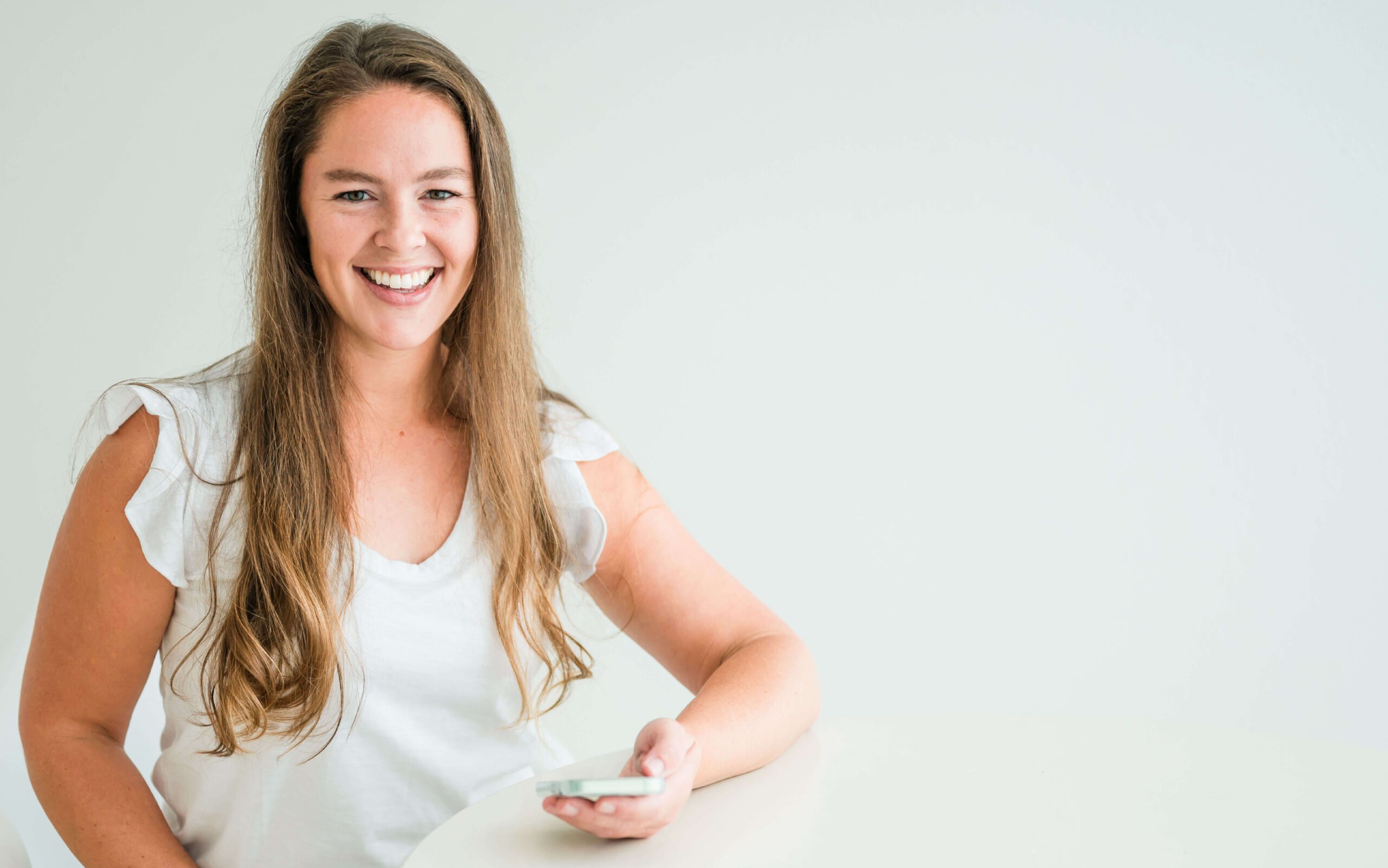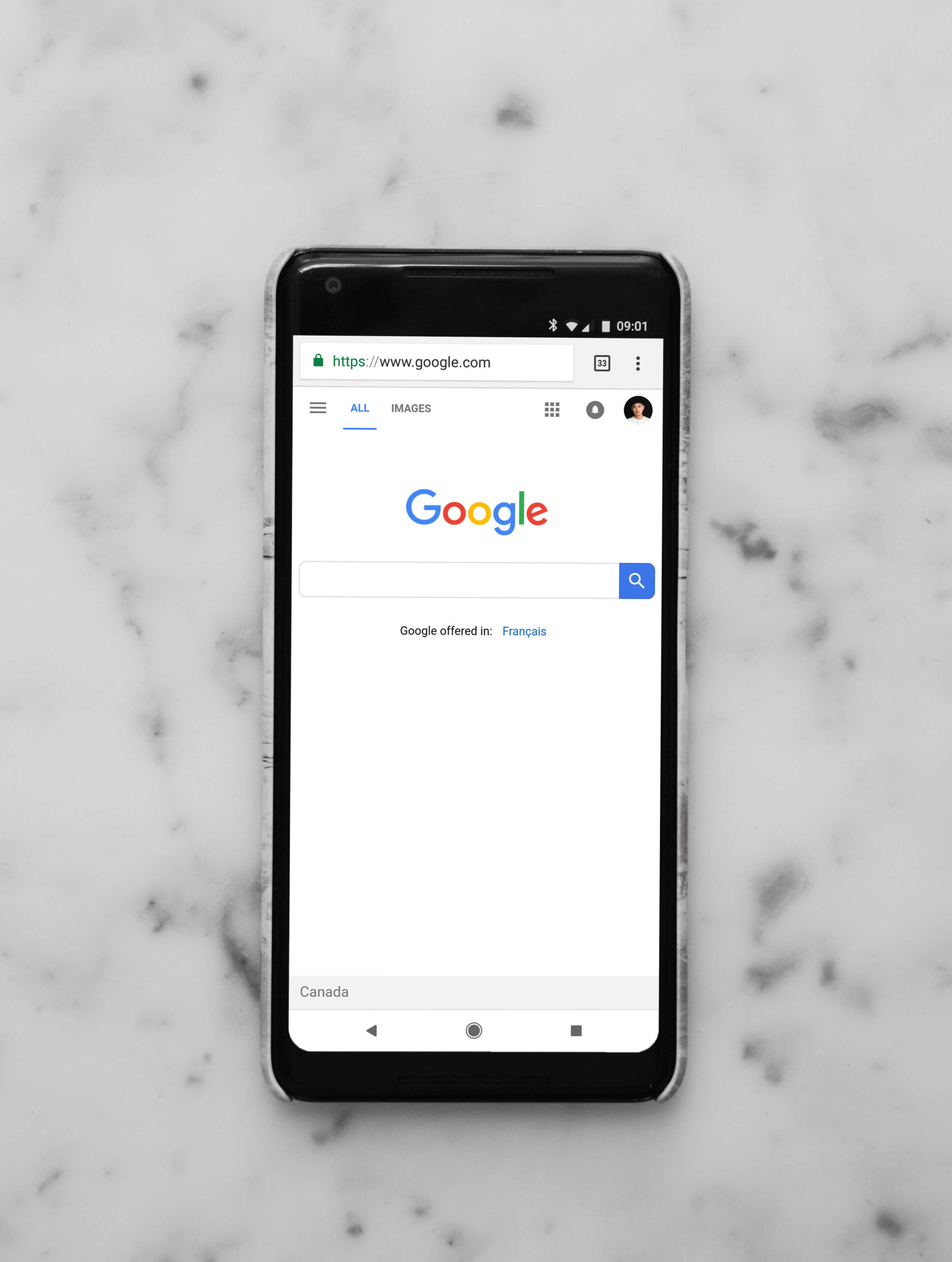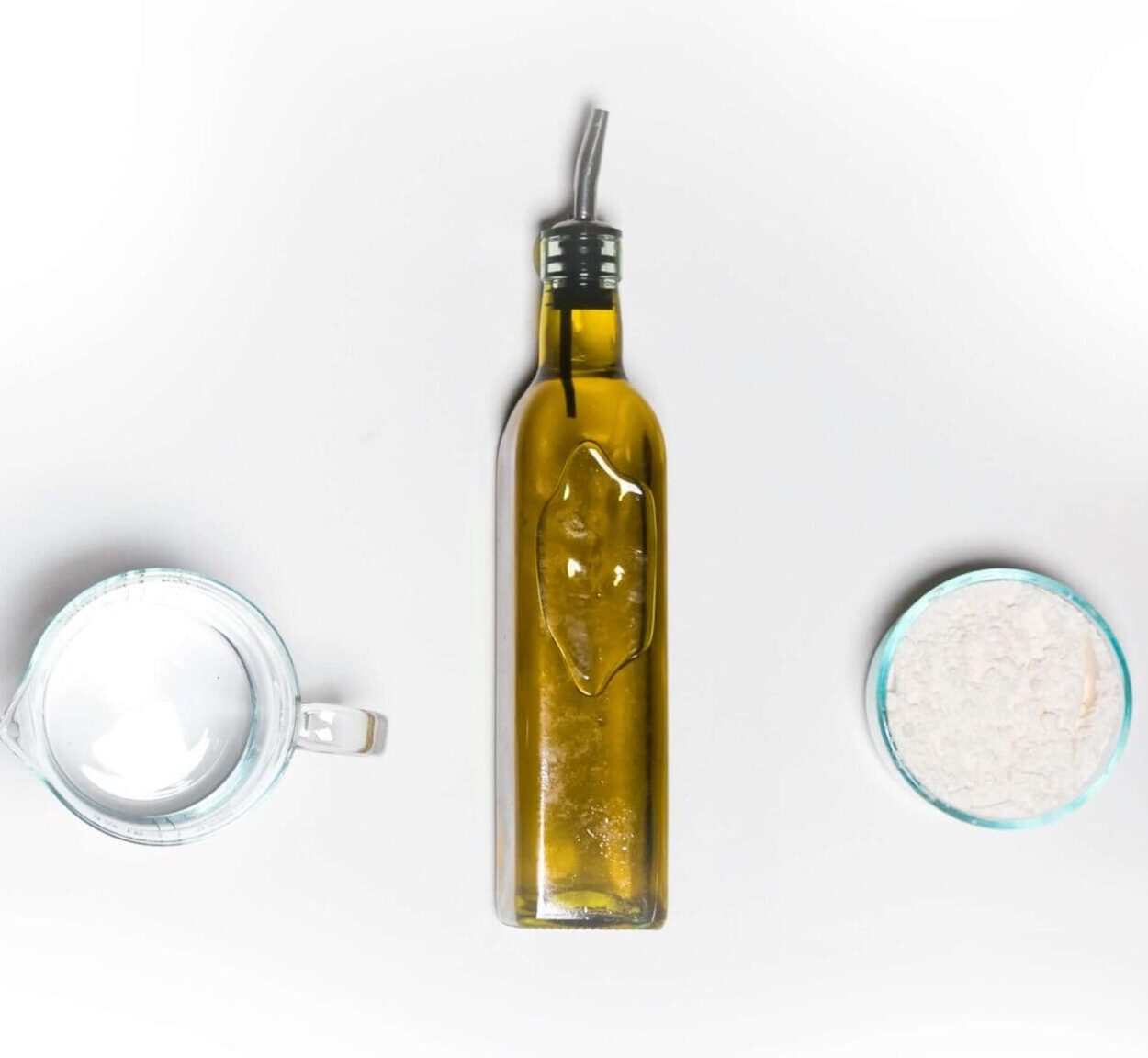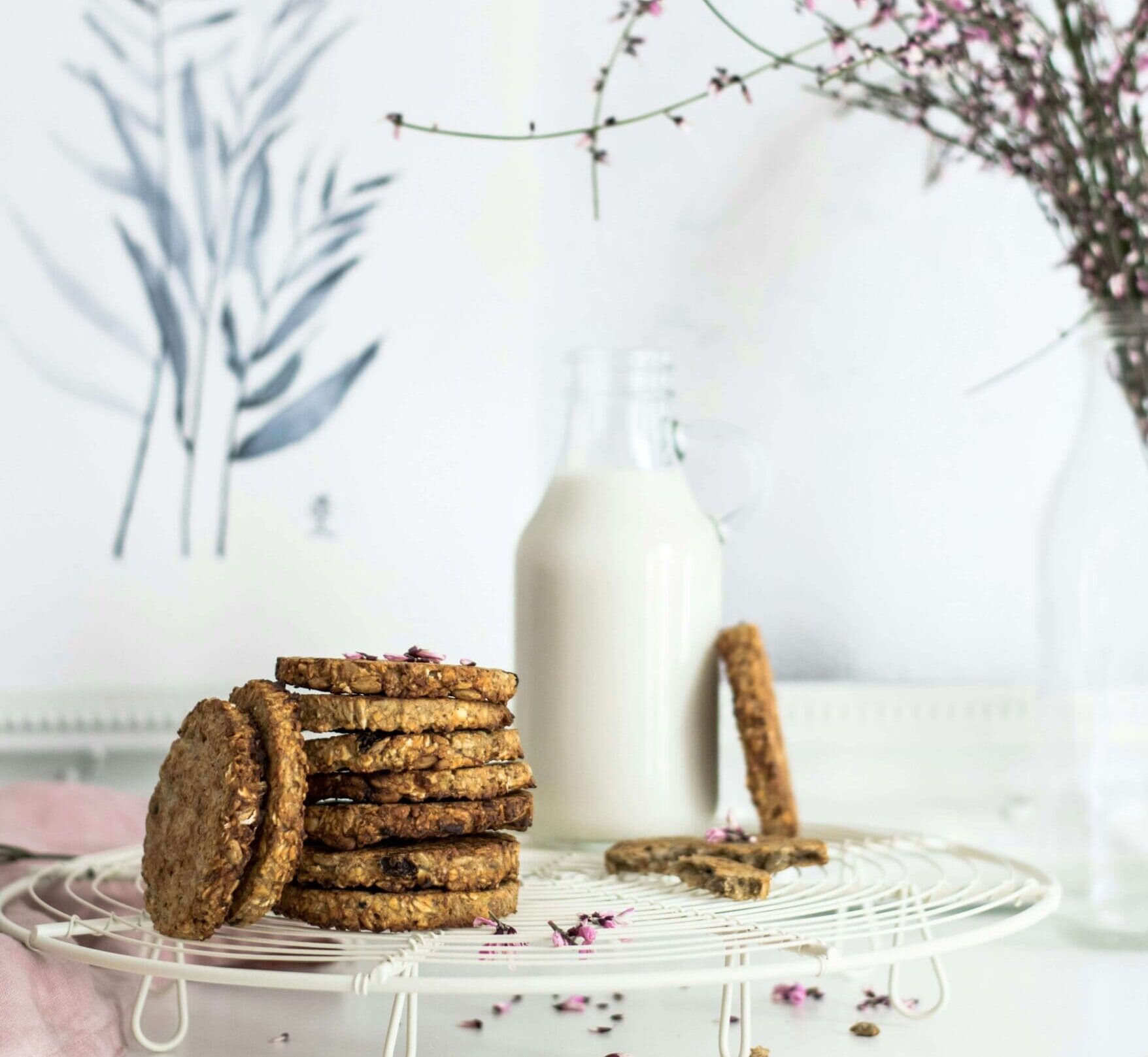
Introduction
Hello friend!
After a cancer diagnosis, there are many decisions to be made. You have to choose a care team, settle on a treatment, and anticipate possible side effects. Then on top of all that, you have to figure out how to nourish yourself around GI symptoms, like nausea. At some point between the consultations and tests, people with cancer are likely to give in to the urge to consult Dr. Google and search for information about their illness online.
I know you want to look to the Internet for information, but it’s important to be careful while doing so. What you find online about your disease may be inaccurate, misleading, old, or just plain confusing.
A search for breast cancer alone churns out 1 billion results (not joking)!
Also, the emotional toll — reading about grueling side effects, poor survival rates, or how others are struggling day to day — can contribute to unhelpful feelings of fear and hopelessness. I know that you want to be prepared and know what is going on, but falling down the google rabbit hole is not the way to go.
You CAN Feel Strong During Cancer
Please note that even though someone is struggling – this DOES NOT MEAN that will be you. Each body is different, and you really don’t know if people who are struggling are also lacking in proper nutrition, exercise, support, etc. There are so many factors, so when you are hearing about how others are feeling, remind yourself that you may not feel like that. It is actually possible to feel most like yourself or at a level of strength that you can be proud of during cancer. This is how all of my clients feel, and I want you to know that you can have that too. DM me on IG to chat more about VIP 1:1 Cancer Nutrition Coaching HERE.
Barriers to Finding Reliable Information
If you search for cancer and cancer nutrition online, you are going to find information from various time points, and you often won’t be able to tell where or when that information is from. Nutrition, treatments, and outcomes change over time, and statistics are only averages. Every patient is unique. Also, anyone can write anything on the internet. Anecdotal data is not worthless, but just because user106758’s aunt tried this one thing to “cure her cancer” does not necessarily mean that it’s safe or something you should do.
Why a “Quick Search” Doesn’t Actually Fix the Problem
Even though it may feel like you cannot break away from googling, I want you to be able to get your time and mental space BACK. I want you to release the need to google all the things after cancer. If you feel compelled to hit up Dr. Google after cancer, know you are not alone, and some searching can be ok. Unfortunately, it can quickly become a habit serving only your anxiety. One of the best ways to get rid of the anxiety around recurrence is to sit with the uncomfortable feelings and allow them time to pass.
I know this may sound and really feel backwards, but anxiety loves avoidance – so you running to google things relieves your anxiety feeling as you are now “safely doing research to fix the problem”, but in reality you do not have a recurrence. After a cancer diagnosis, I know how traumatic and scary navigating the uncertainty can be. The best thing to do now is lean into the idea that you won’t get cancer again, and work hard to focus on what you CAN control to reduce it from ever coming back.
Breaking the Search Cycle
While it’s hard to break the habit, and you might not even want to, it’s not healthy to spend all your time searching on google and turn a small worry into an hours-long google deep-dive. The longer you look for health answers online, the harder it’ll be to break the cycle later. Fortunately, I have some tips to help you guide your search, if you choose to go online to research your diagnosis:
1. Set time limits
One thing to try to help yourself break this habit is actively limiting the time you spend Googling symptoms. Setting a timer helps you to set limits and reminds you to check-in with yourself and your feelings. It takes practice, but over time it helps.
Stick to time limits, and try to completely avoid researching outside of that dedicated time you set aside for yourself. As days go by, you can gradually wean down how much time you spend online. You may even come to a point where you have no more desire to research.
2. Use a distraction

Another technique to keep you from self-diagnosing is distraction. When you feel like doing some Googling, distract yourself with something else — going for a run, calling up a friend, watching some funny videos, whatever will get you out of your head.
Additionally, you may want to look at your behavior and dig a little deeper into your psyche. Try asking yourself questions about what else you might be worried about.
3. Talk to a professional and other survivors
Working with experts can help you make sure that you are doing all you can:
If you’re having trouble limiting or stopping the behavior, reach out to your doctor to ask questions, and join a support group with other cancer survivors who GET it! You can share your worries with a loved one, but unless they have had cancer, there is a limit to what they can relate to. While that is not necessarily a bad thing, it may benefit you more and support you faster to speak with someone who really gets it – other cancer survivors!
Navigating Nutrition Information Online
Why Google is not the best place for nutrition advice
Everyone who eats has an opinion about food, but that does not mean they are qualified to give individualized nutrition recommendations. You know what happens if you listen to everyone’s opinion about what you should and shouldn’t eat? You end up eating nothing because someone, somewhere will have something negative to say about whatever you eat. Now is not the time to add stress over food choices on top of everything else you are currently dealing with. This holds especially true for those who are going through treatment and trying to avoid cancer-induced malnutrition.
Work with qualified nutrition professionals

Want sound nutrition advice?! That is where I come in – I am your cancer dietitian BFF who will help you feel confident, motivated, and excited about food again! You will learn not just what and how to eat, but also WHY. I am not the food police; I don’t tell you what to eat – I teach you! Even better – I go beyond the plate – so I not only help you get nutrition in line with your cancer prevention goals, but I also help you tackle exercise, movement, hydration, stress, and self care too! Why? Because all 5 of these areas work together to help you build your strongest, happiest, and healthiest self.
Tips for Navigating Online Nutrition Information
If you choose to look online for nutrition info, I want you to be vigilant about how to identify pseudoscience.
- Check the About Us section of sites. It’s a red flag if a website doesn’t have an About Us section. This area should tell you who runs the website and offer clues about the organization’s or expert’s qualifications and whether or not it has a commercial agenda, such as selling a scam product, regimen, treatment, etc. that would not benefit you and can sometimes even be harmful.
- Find out who is talking. Is this person a registered dietitian? Do they have training in nutrition? Have they worked with cancer survivors?
- Be cautious of websites that promise breakthroughs your doctor hasn’t told you about. There aren’t a lot of secrets in cancer treatment. If a treatment is proven safe and effective, chances are that major health organizations will be aware of it.
- Look for dates. Cancer care and survival rates continually evolve. Before deciding how much weight to give online information, try to identify when it was posted, or when the data that’s being cited was collected.
- If someone is demonizing food or saying a food “causes cancer” ask some questions.
- Do they say how much of the food is required to cause harm? Remember the dose makes the poison, and our government heavily monitors our food supply to ensure that certain chemicals are well within a safe limit.
- Do they say what type of cancer the food causes? Different cancers are truly unique diseases with their own set of risk factors, symptoms, treatments, and more.
- Do they attach sources proving that this food causes cancer? Although animal and in vitro (petri dish) studies can help guide research, they alone cannot be used to make blanket recommendations.
Wrap UP
You don’t have to feel ashamed if you’re prone to Googling symptoms and self-diagnosing after cancer; this is SO COMMON! You aren’t alone; however, we must realize that although the situation is common, it’s not healthy if it takes away from the present moment, the life you have, the future you have, the possibility of how you will never get cancer again and live a long, amazing life.
Being diagnosed with cancer is not like many other diseases, so wanting to google all the things after cancer makes a lot of sense as “you have cancer” feels like “you are going to die”.
Scary af is an understatement.
Reminder
Also, cancer is not your fault, and oftentimes the exact cause cannot be explained. Therefore, the endless desire to research and solve this problem makes sense. It is hard to release the fears of cancer coming back or spreading or growing, so, like I said, reach out to your care team as you feel it is right for you. Take your time to navigate all your feelings, and remember that it is ok to google sometimes. Just don’t spend hours, days, and weeks doing so – you deserve to live your life and enjoy it as much as you can.
If you are completely done with google, but you still want all the answers about cancer, nutrition, trends, and more, then you will definitely want to check out my Cancer Simplified Membership. I break down the science and present the nitty gritty in a way that actually makes sense. Inside, you will get access to modules that you can listen to anywhere, anytime. No homework, no nonsense, no bs. Click here to join!
This blog is not intended as medical nutrition therapy, medical advice, or diagnosis and should in no way replace consultation or recommendations from your medical professional.



